This post may contain affiliate links.
The recycling bin is an excellent source of relatively free craft supplies. Whether you are tossing out a food container or yesterday’s newspaper, the bin is full of creative possibilities.
Many people may also be surprised at how many “recyclable” items aren’t accepted by their local curbside pickup. Municipalities and counties often have strict policies on what can go in their recycling bins.
As a result, it’s more important than ever to reconsider placing everything in your recycling bin! If rejected at the recycling center, it will end up in a landfill, further elevating the importance of craft projects.
Recycling bin crafts gained popularity during the lockdowns and extended home stays over the past few years. But there’s no reason to stop crafting from your blue or green bin these days.

Everyday Items From The Recycling Bin
Glass Bottles and Jars
Glass bottles and jars are great for upcycling crafts. They can be reused for other food supplies, especially if you shop in bulk. Glass jars are perfect for storing dry beans, grains, and pasta so that they don’t get stale.
You can also upcycle bottles and jars into decorative items for your home. Wine bottles make great vases, especially if the bottle has an attractive shape. There are many paint options for glass bottles and jars, too. Even light and lamp kits are available for jars and bottles.
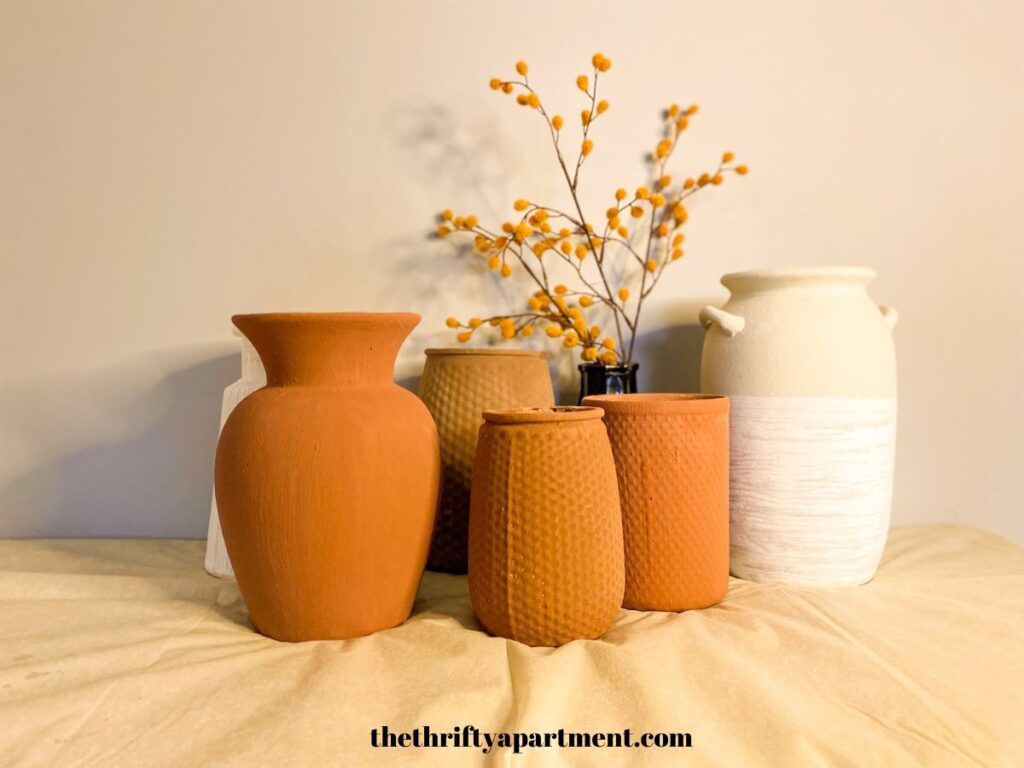
Steel Cans
Steel cans are often a pantry staple when you buy soup, beans, or canned vegetables. When you’re done in the kitchen, the cans can be used for craft projects.
Cans are convenient for holding craft supplies like markers and paintbrushes. They can also be turned into planters quite easily. For the more experienced crafter, drilling holes in steel cans turns them into beautiful lanterns for candles and battery-operated lights.
Cardboard
From shipping boxes to toilet tissue tubes, cardboard takes up space in many recycling bins. There are so many ways to reuse and do craft projects with cardboard.
Pet owners know this first hand – cardboard boxes are a favorite napping spot for cats and small dogs. Even just letting them play with boxes before recycling them provides hours of stimulation for them. Just the box alone is good enough for many pets, but adding a towel or blanket can make the box even more attractive.
Smaller cardboard boxes are easy to transform into closet organizers, too. Covering them with fabric gives them a professional look without breaking the bank.
Cardboard tubes from toilet tissue, paper towels, and gift wrap are also ideal craft supplies. Upcycling the tubes into play binoculars for children is a fun activity. You can also fill them with trinkets and wrap them with fabric or paper for holiday crackers. Toilet tissue tubes can further be upcycled into fire starters for a fireplace or fire pit.
Paper
Whether it’s a magazine, some junk mail, or even a greeting card, there is often a variety of paper in the recycling bin. Some of it is best left in the bin, but the rest holds all sorts of crafting potential.
Surprisingly, a lot of paper cannot be recycled. Metallic wrapping paper and many greeting cards aren’t suited for traditional recycling. So, upcycling them in your craft projects is the best way to save them from landfill.
Creating new greeting cards from used ones is a fun paper craft. Or turning holiday cards and gift wrap into ornaments for your tree is also an idea.
And those glossy pages from your spent magazines? Paper quilling, or tightly rolling paper strips, is a fantastic technique for making paper beads.
Plastic Bottles
Plastic bottles are a challenge to recycle, making them environmental pariahs. However, because they are nearly impossible to avoid as a consumer, it’s even more important to look for creative ways to reuse them.
Two-liter bottles are a perfect size for recycling crafts. You can transform them into plant holders and even birdhouses. Smaller water bottles can be sliced into bracelet-sized rings. Cover them in fabric or yarn to make fashionable bangles.
Plastic bottles with handles, such as laundry detergent bottles, can be easily transformed into a watering can. Rinse the bottle thoroughly and drill holes in the lid.

Newspaper
Recycling bins filled with old newspapers are slowly becoming a thing of the past. But there are still more innovative ways to repurpose newspapers than recycling them.
Papier-mâché is still a popular craft technique that relies on newspaper as an essential craft supply. But newsprint can also be broken down into a pulp mixture to create new paper forms for greeting cards and artwork.
Newspaper pulp can also be repurposed into seed bombs, a great hostess gift, or a party favor.
Plastic Jugs and Tubs
Milk and juice jugs can occupy much space in a recycling bin, especially if you have a large family. Which makes them an ideal craft supply for any number of ideas.
Cutting off the bottoms of jugs is a fun way to turn them into scoops – perfect for soil or mulch. A gallon jug can also be refashioned into a bird feeder by cutting out the panels on the sides, filling the bottom with seed, and hanging from a tree.
Other grocery store tubs, such as those used for ground coffee, are bulky items for your bins. They can be painted and covered in fabric for decorative storage or chic planters for your home.
Aluminum Cans
Whether you refer to it as soda or pop, it’s often drunk from an aluminum can.
Skilled crafters use special shears to cut into cans to create whimsical flowers and other designs with metal cans. But you can also paint the cans, fill them with sand (to add weight to the bottom), and use them as vases for silk flowers.
As for the tabs? They can be strung together with jump rings and jewelry wire to create whimsical bracelets and ankle jewelry. Soda tabs can even be nailed to the back of a frame as an inexpensive picture hanger.
Plastic To-Go Containers
Clamshells and other to-go containers are recyclable in some areas but not all. When in doubt, craft it out! Reusing to-go containers for your leftovers is a great cost-saver. Sanitizing them in the top rack of your dishwasher is an excellent way to reuse them repeatedly.
Clamshells, especially the vented kind for berries, are a great way to start seeds for your spring gardens. The plastic keeps the soil in place, while the vents provide the drainage that all plants and seedlings need.
Craft Supplies
At a minimum, these standard supplies will help make these projects come together quickly and easily. Depending on the project, additional or specialty supplies may be needed; but these will help you get started.
Glue
While many adhesives are available, a recycling bin crafter only needs some essential glues for projects.
Standard white glue will get the job done on many craft projects. A glue stick would be convenient for paper crafts. And decoupage glue would be helpful for any projects you plan on covering with fabric or certain types of paper supplies.
Paint
Paint, either spray or regular, is a staple in any crafter’s supplies. Paints have numerous variations, including color and finish. Hardware stores have a wide variety of spray paint options for your projects. Acrylic craft paint is sold at craft stores and is an inexpensive supply for your upcycling crafts.
Ribbon and Twine
Ribbon, twine, rope, and string are various craft supplies that may be useful. Sometimes, yarn may also be used to achieve the same purpose.
Additional Tools and Materials
In addition to the crafts identified above, one may require a few crafting tools for their projects.
Glue Gun
The glue gun is a favorite tool in the crafting world. Nothing dries faster than hot glue! There are a variety of sizes and corded and non-corded options available. They are easy to use but require safety precautions to prevent burns on your hands and fingers.
Paint Brushes
Craft paint brushes will make your life easier. Depending on the project, different sizes and shapes, such as flat-edge and angled brushes, will be handy.
Scissors
Scissors are a standard supply for any crafter or maker. Basic scissors are fine for paper projects, but heavy-duty or specialty scissors are preferable for cutting thicker materials, such as plastic bottles.
Other cutting supplies, such as box cutters, craft knives, and paper cutters, may be convenient for different projects.
Drill
A simple, cordless drill from the hardware store is essential for many craft projects.
Beyond The Bin
Some items are recyclable but only accepted at specific locations or specific times of the year. If you can’t visit the recycling centers or wait for a donation window, a craft project might be your best solution.
Pill Bottles
Health Insurance Portability and Accountability Act (HIPPA) laws make pill bottle recycling a slightly touchy subject. If the label isn’t easily removed, it’s best to dispose of the entire bottle properly.
But if the label can be removed, they’re perfect for craft projects. Storing smaller supplies, such as beads, in pill bottles is a great way to reuse them. Or you can glue one underneath a rock and use it as a secret key holder if you get locked out.
Tires
While there are ways to recycle tires, they aren’t allowed in most curbside bins. But they can be upcycled, particularly for outdoor projects.
A tire swing hanging on a tree is a classic example of repurposing a used tire. But painting tires in splashy colors and then upcycling them into “raised” garden beds is also a fun way to add whimsy to your garden and backyard.
CDs
As the world of music goes digital, older forms of music get left behind. CDs and their plastic cases are only sometimes allowed in curbside bins. And while donating to a thrift store is an option, so is a craft project.
The iridescent nature of CDs makes them attractive for mosaic-style projects. Shimmery mirrored birdbaths, planters, and holiday ornaments can be made with broken CDs. And the cases can be refurbished into picture frames for a gallery wall and even gift boxes for cards and cash.
Single-Serve Coffee Pods
Unfortunately, many popular single-serve coffee pods like Keurig cups aren’t allowed in recycling bins. Thankfully, there are plenty of ways to upcycle them once they are cleaned up.
Decorating the pods and adding them as “shades” to a strand of twinkling lights is a fun way to put those plastic pods to good reuse. You can also turn them into quirky Christmas ornaments or use them as seed starter pots.
Other Supply Sources
Warehouse Stores
Warehouse stores often sell their wares in much larger containers. Not only does this result in a lower unit cost to consumers, but it provides unique DIY opportunities for recycling bin crafters!
Local Shops and Restaurants
If you have a specific craft project in mind but don’t typically consume the product, it never hurts to ask a local business for help. For example, a non-wine drinker who wants to make a wine bottle craft might ask a restaurant to set a few bottles aside for them.
Animal Shelters
Animal shelters go through significant quantities of items such as cat litter, laundry detergent, and paper towels. Cat litter tubs can be upcycled into waste baskets and storage tubs. You could trade excess newspaper for a few empty litter tubs at your local shelter.
Trade With Friends and Neighbors
Friends, neighbors, and colleagues all consume different items. Trading with them is a great way to swap supplies for specific DIY projects. Online groups are also an excellent way to look for things and give others away to someone in need, such as moving boxes.
Advantages of Recycling Bin Crafts
Crafting from the recycling bin has multiple advantages. Not only does it encourage creativity, but it saves money and landfill space, as well.
Even the most straightforward craft projects can enhance relaxation and stress relief for adults and children alike. Simple crafts encourage us to unplug from our devices and create something with our hands. Many people get tremendous satisfaction and self-appreciation from simple creative pursuits.
Environmentally, recycling bin crafts ensure that something truly stays out of landfills. Unfortunately, many of the materials in residential recycling bins end up in landfills. Therefore, crafting with these items provides a greener future.
This article originally appeared on Wealth of Geeks.
Sarah Ramberg
The article was written by Sarah Ramberg. Sarah Ramberg is the owner of Sadie Seasongoods, a website that celebrates all things secondhand. From upcycling ideas and thrifted decor to vintage-centric travel itineraries, Sadie Seasongoods is a one-stop shop for anyone who loves thrifting and approachable repurposing ideas. Sarah is also the author of “Crafting with Flannel” and has been featured in numerous media outlets and magazines.
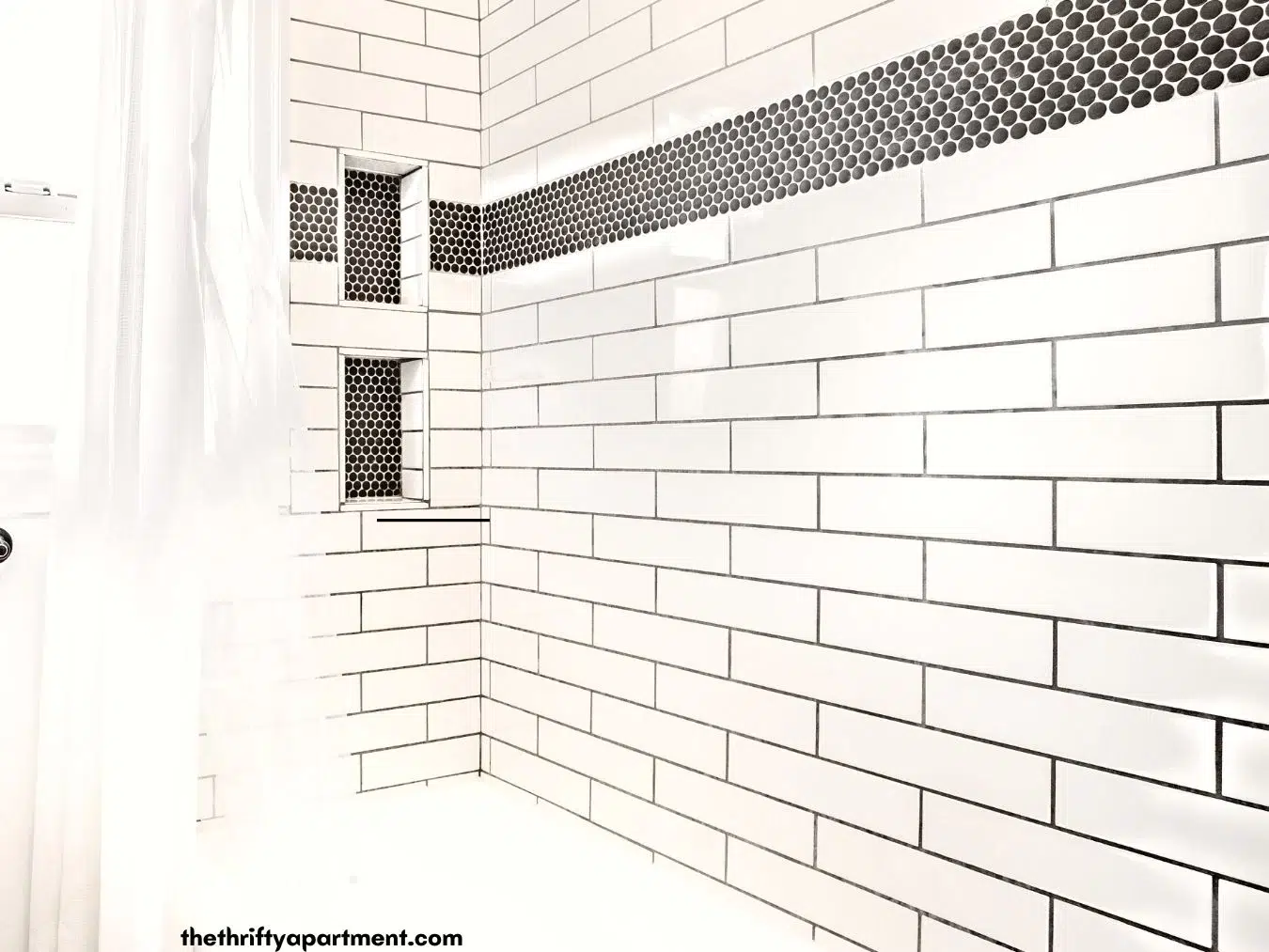
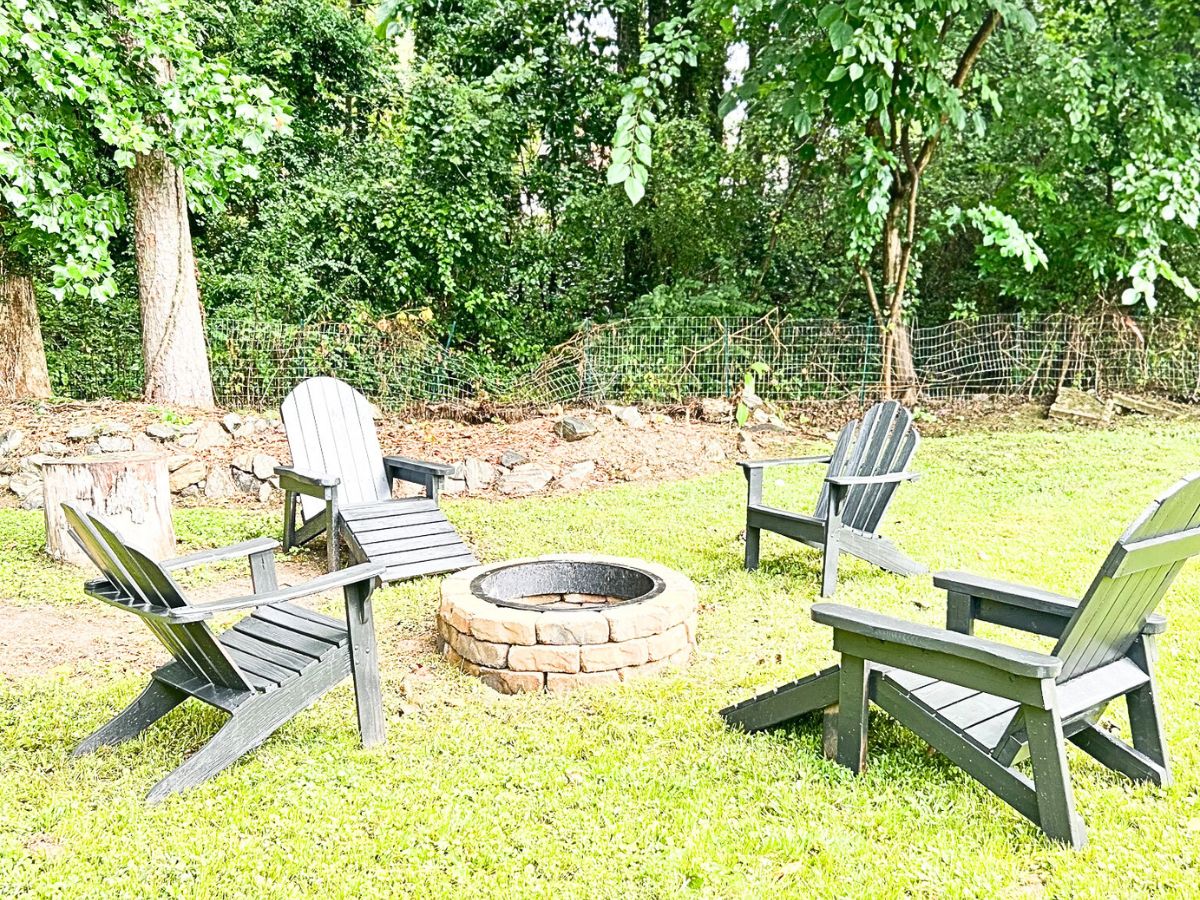
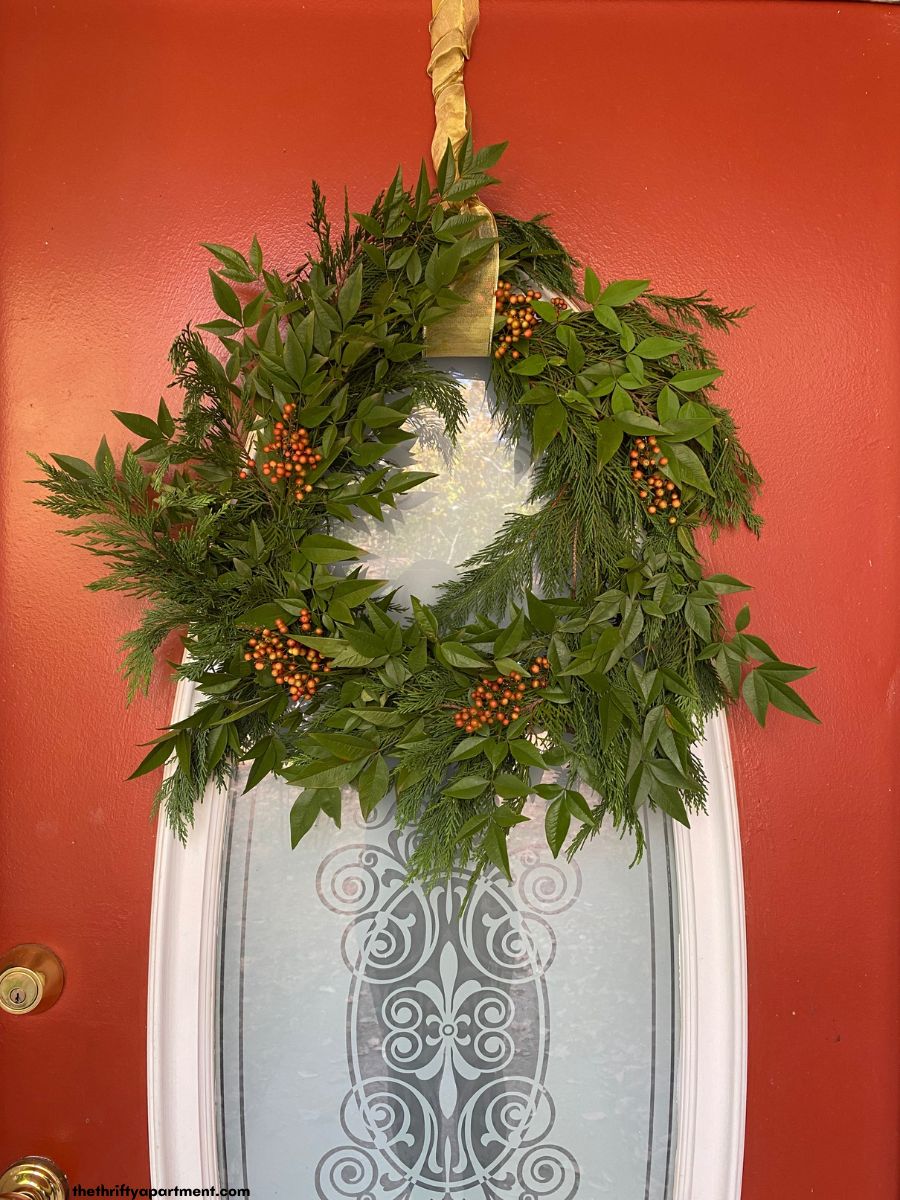

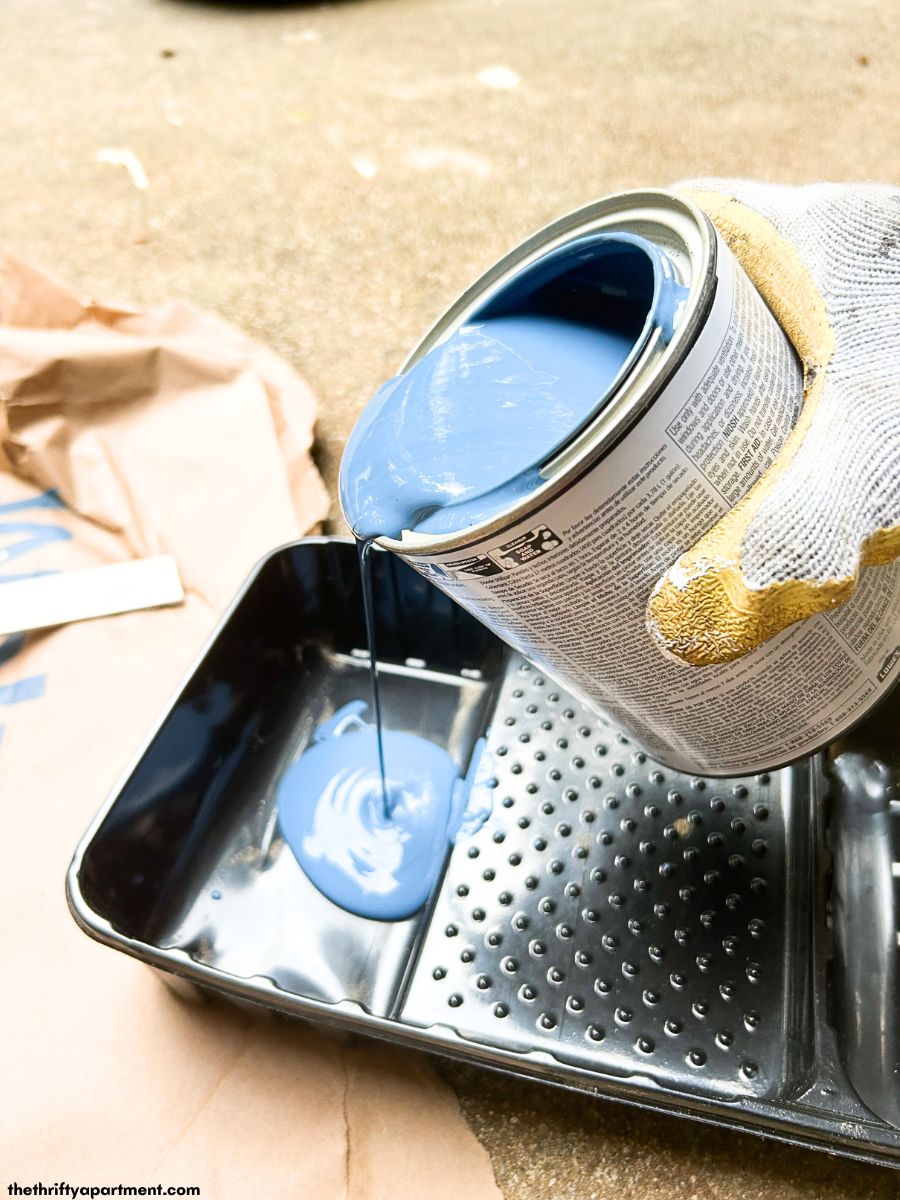
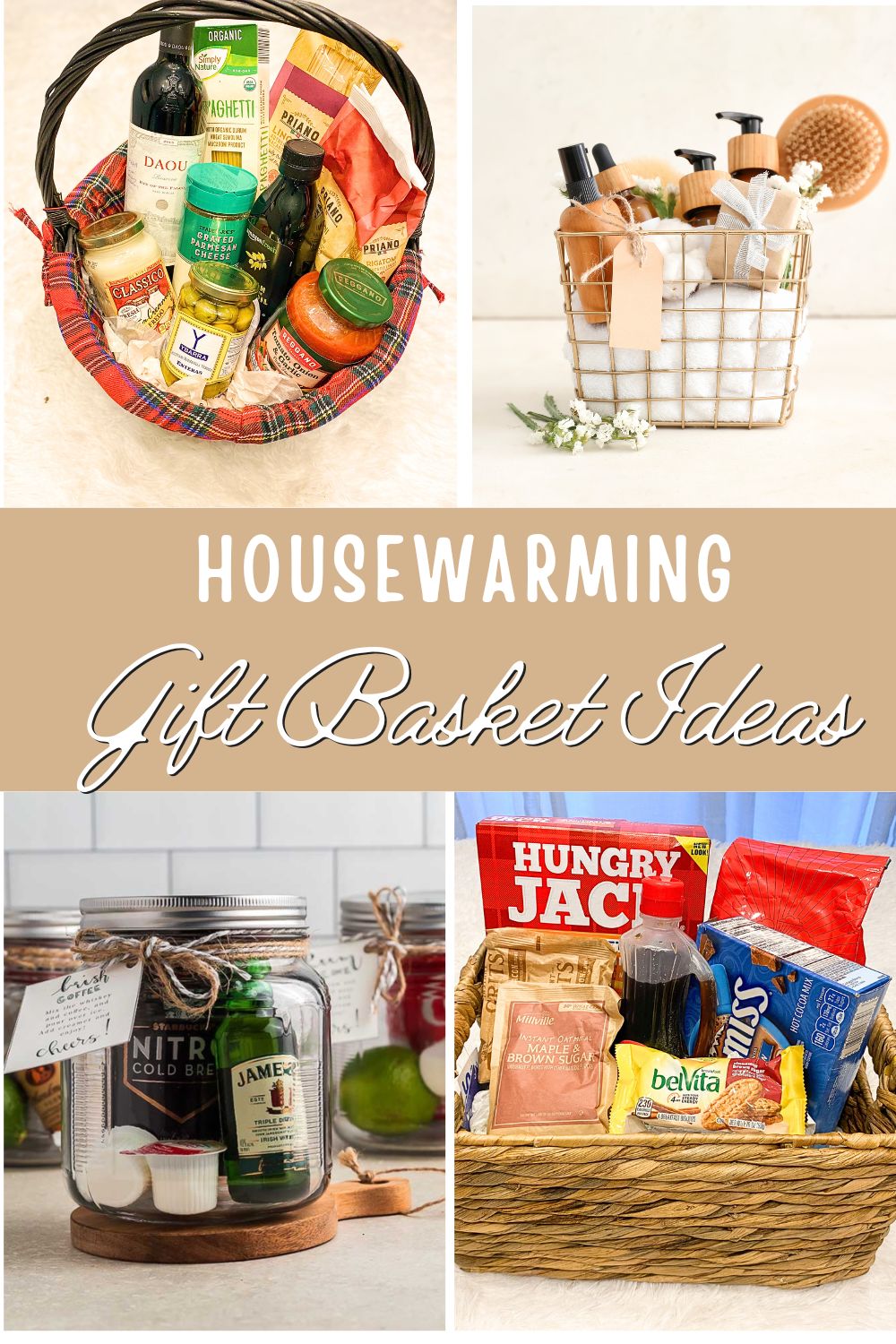
Today is the first time I am ready your blog! My goodness this is just awesome. So much I have forgotten over the years and so much to learn. So glad I found you… I am addicted already.
Thank you Denise.